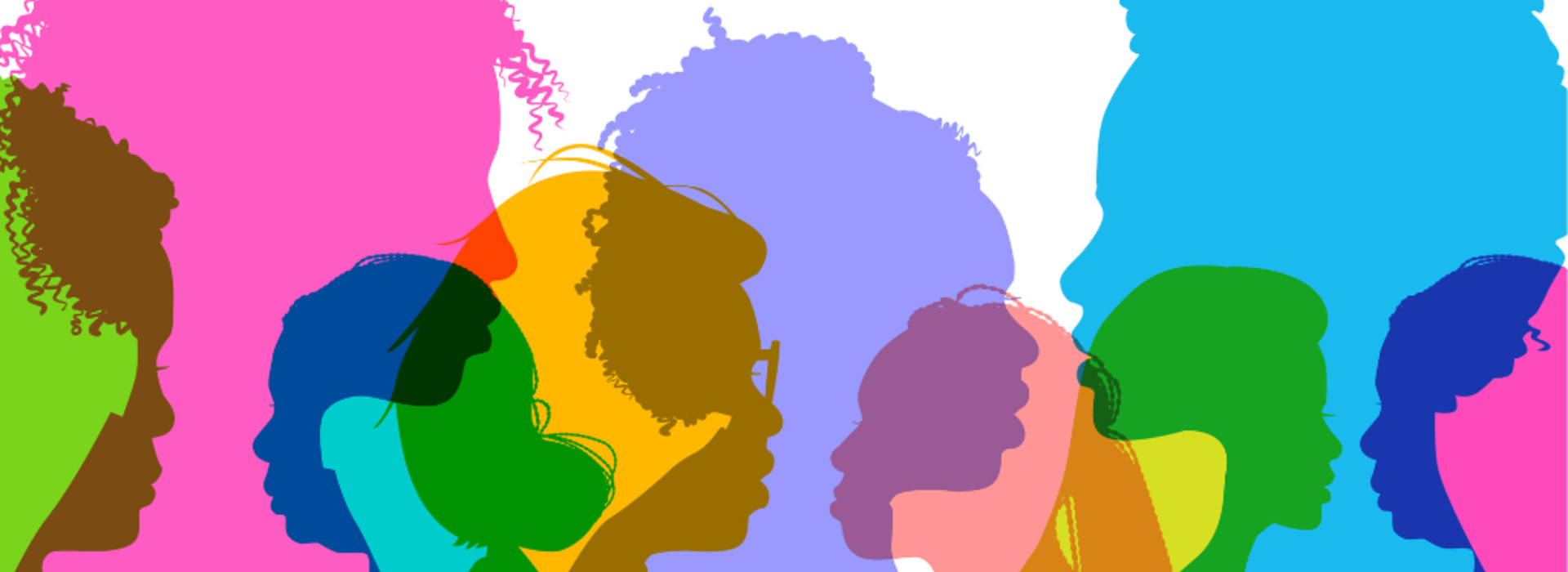
Restorative Justice diversion with Minneapolis youth
MINNEAPOLIS/ST. PAUL (04/11/2023) — Published in Crime & Delinquency, University of Minnesota Medical School researchers found youth who participated in restorative justice diversion after arrest were significantly less likely to experience re-arrest in the following year than youth processed through the traditional juvenile justice system.
“Evidence increasingly demonstrates restorative justice is a more effective response to harmful behavior by young people, compared to traditional approaches. This study demonstrates the positive impact of the Minneapolis Juvenile Restorative Justice Collaborative locally and indicates that jurisdictions should strongly consider adopting or expanding these approaches,” said Kara Beckman, MA, a researcher in the Division of General Pediatrics and Adolescent Health, Department of Pediatrics at the U of M Medical School.
The study looked at one year of additional arrest data for all misdemeanor cases in Minneapolis between September 2014 and December 2018, finding that for cases in which youth experienced restorative justice diversion, 14.5% had another arrest or citation in the following year compared to 35.8% of cases in which youth who were not diverted. These differences remained significant after adjusting for factors such as race, age, sex and number of prior misdemeanor arrests.
Restorative Justice Community Action is one of the organizations that receives referrals for youth cases in Minneapolis. Executive Director Cynthia Prosek states, “We are all responsible for youth in our community. Restorative justice practices provide a meaningful way for youth, their family and support system, people who have been harmed, and community to create shared solutions that result in setting better paths for the future. This is also true for the collaboration between community and system partners working together to create meaningful change through evaluating and addressing concerns that reduce barriers and racial disparity for youth of color who are overrepresented in our criminal legal system.”
Researchers note findings provide evidence to support legislative efforts aimed at enabling expansion of restorative justice practices across Minnesota. Beckman adds, “As Medical School researchers, we’re interested in understanding why our traditional legal responses result in worse health and educational outcomes, on average, and what might be better. Restorative justice may be ideal for young people because it requires their active engagement in processes that emphasize empathy, perspective taking and being accountable to the people they hurt with their behavior instead of passively receiving consequences from judges. Rather than removing family and community from the accountability process, restorative justice provides additional structure and support to them as the people best positioned to hold youth accountable and help address underlying issues. We think those are some of the key elements to its effectiveness.”
Future research will focus on comparing outcomes of restorative versus traditional accountability practices at additional decision points, including schools, youth programs, prosecution, courts and re-entry settings, and in settings with broader eligibility criteria. Additional research is also needed to fully understand why restorative justice is more effective and to assess longer-term, more holistic outcomes.
This study was partially funded by The International Academy of Trial Lawyers.
###
About the University of Minnesota Medical School
The University of Minnesota Medical School is at the forefront of learning and discovery, transforming medical care and educating the next generation of physicians. Our graduates and faculty produce high-impact biomedical research and advance the practice of medicine. We acknowledge that the U of M Medical School, both the Twin Cities campus and Duluth campus, is located on traditional, ancestral and contemporary lands of the Dakota and the Ojibwe, and scores of other Indigenous people, and we affirm our commitment to tribal communities and their sovereignty as we seek to improve and strengthen our relations with tribal nations. For more information about the U of M Medical School, please visit med.umn.edu.
For media requests, please contact:
Ezra Xiong
Communications Specialist
xion1913@umn.edu
University of Minnesota Medical School